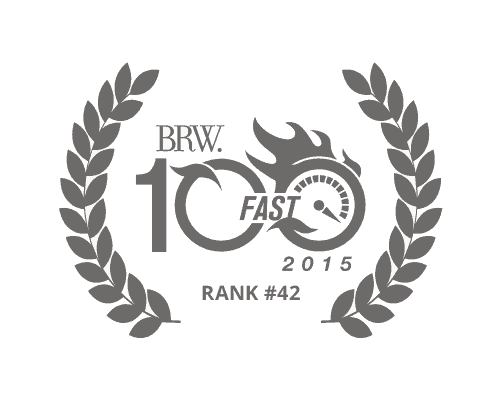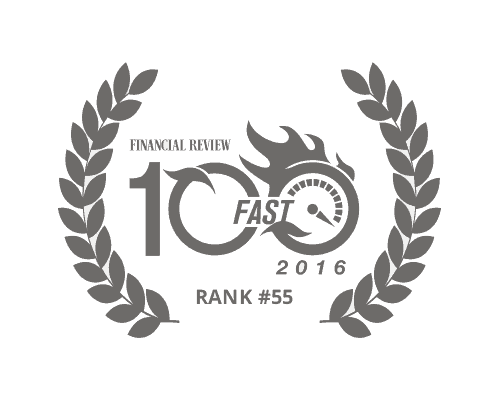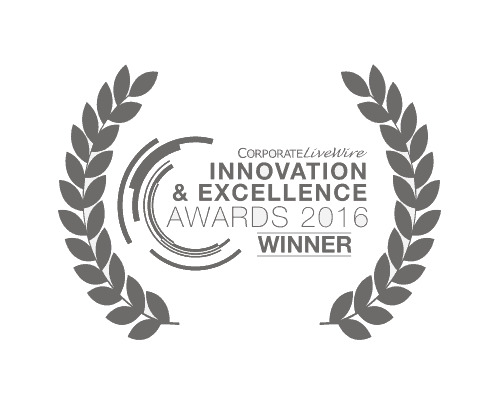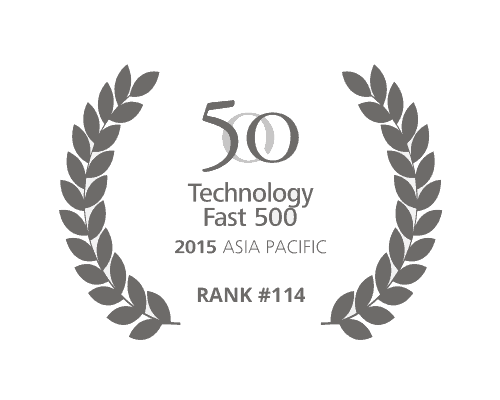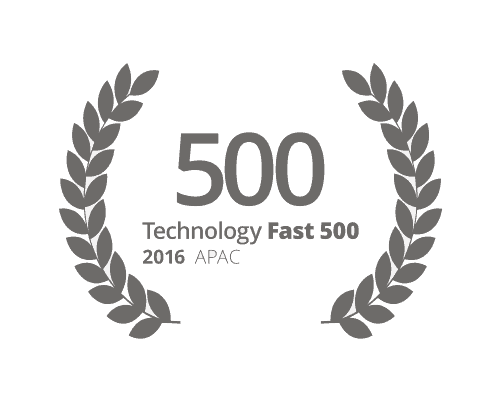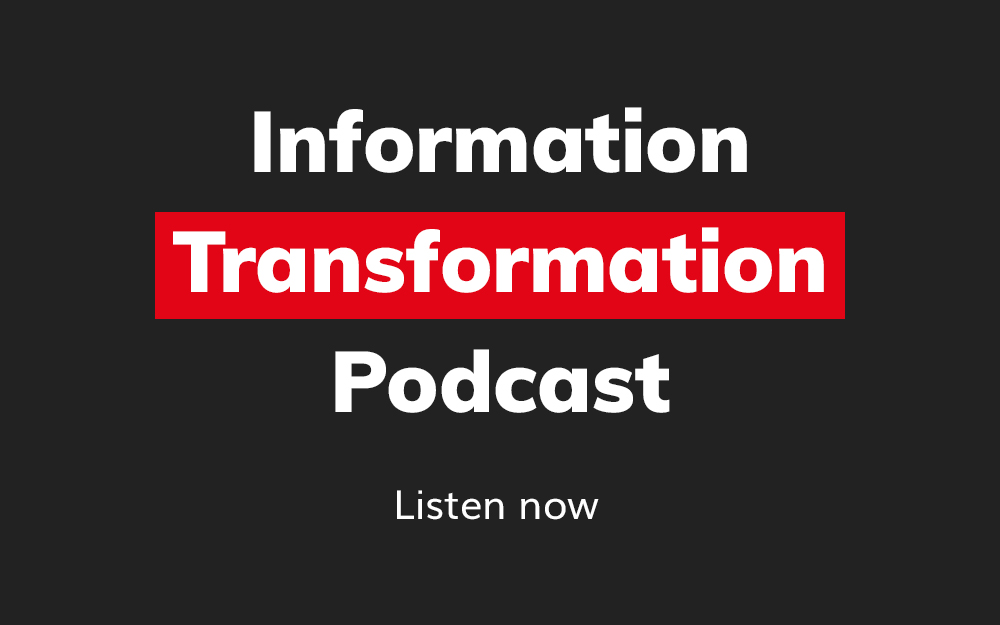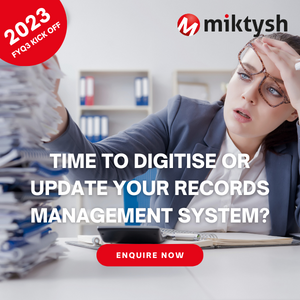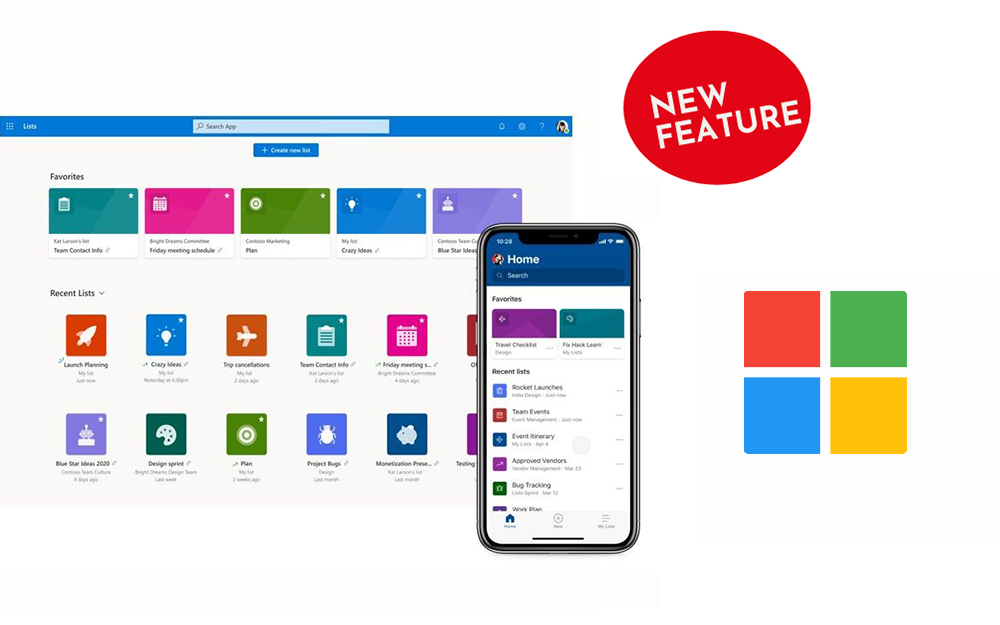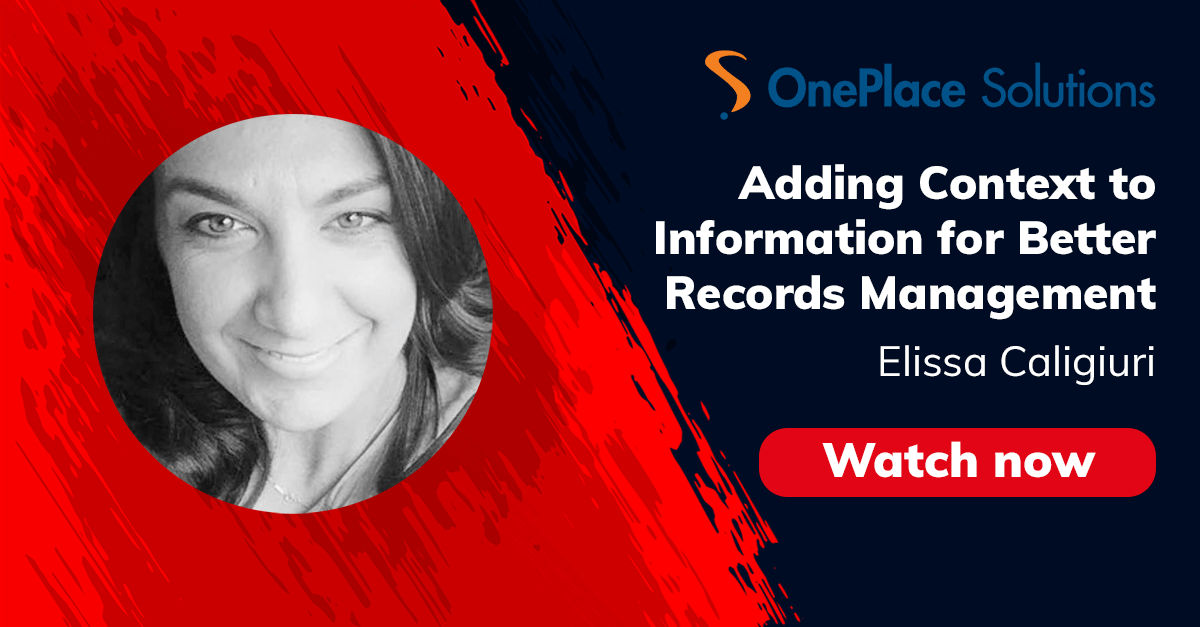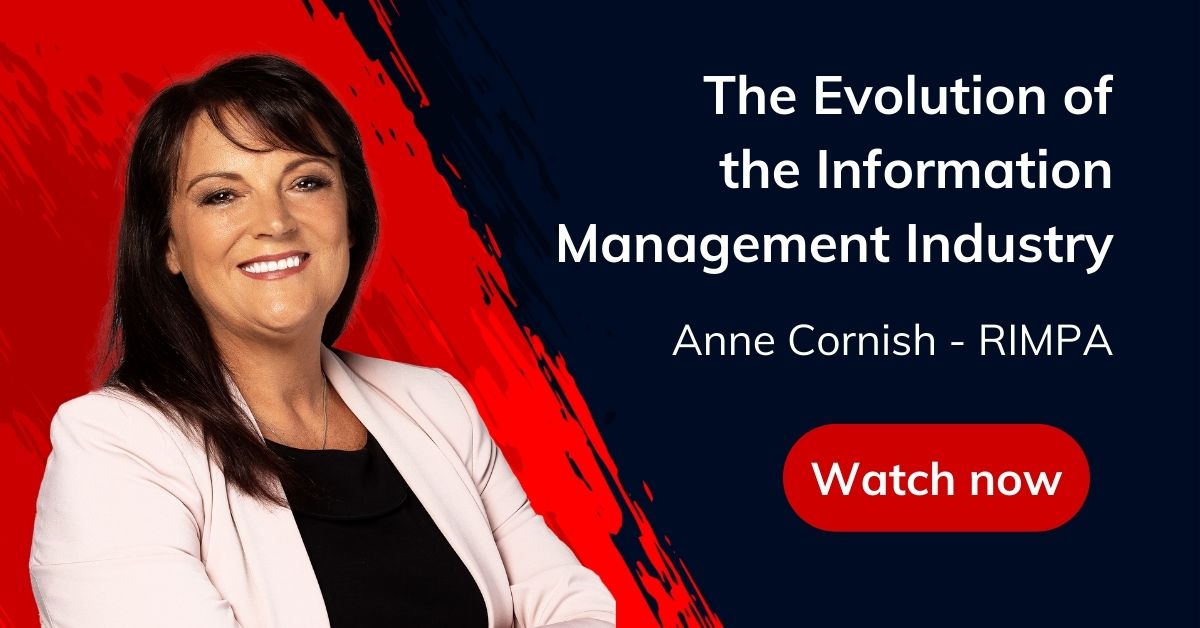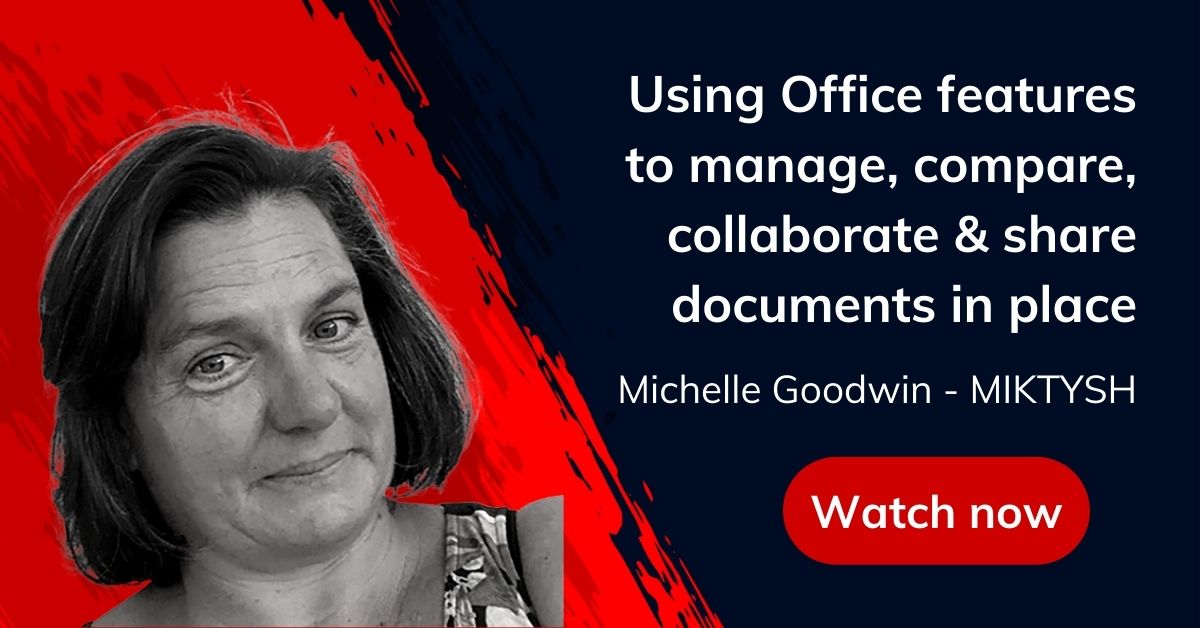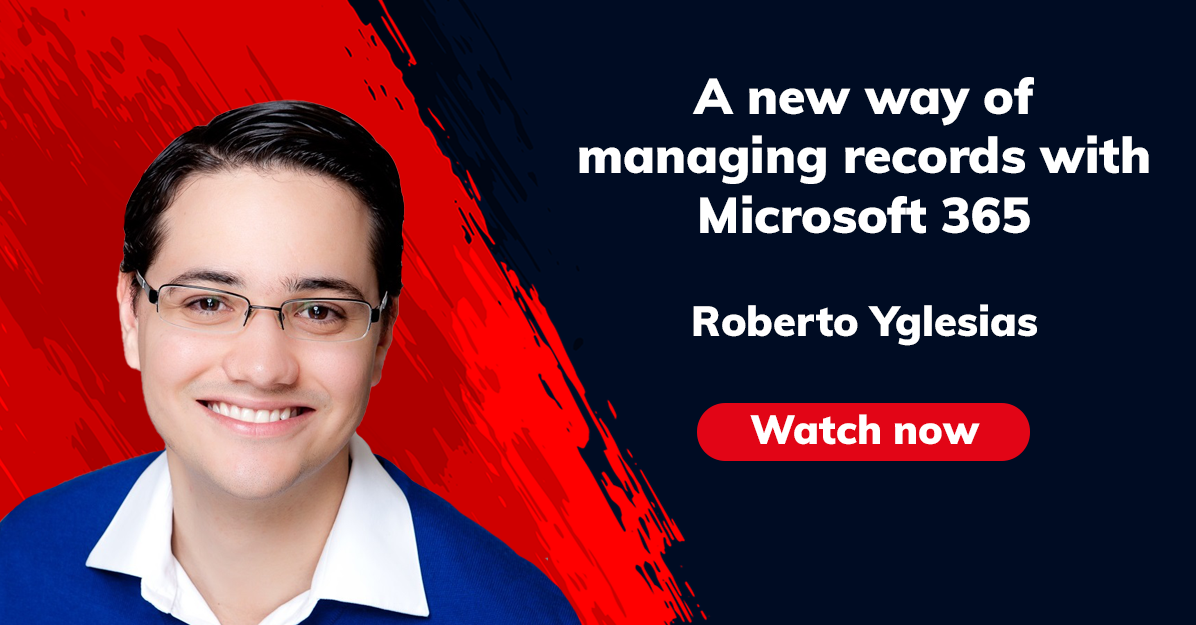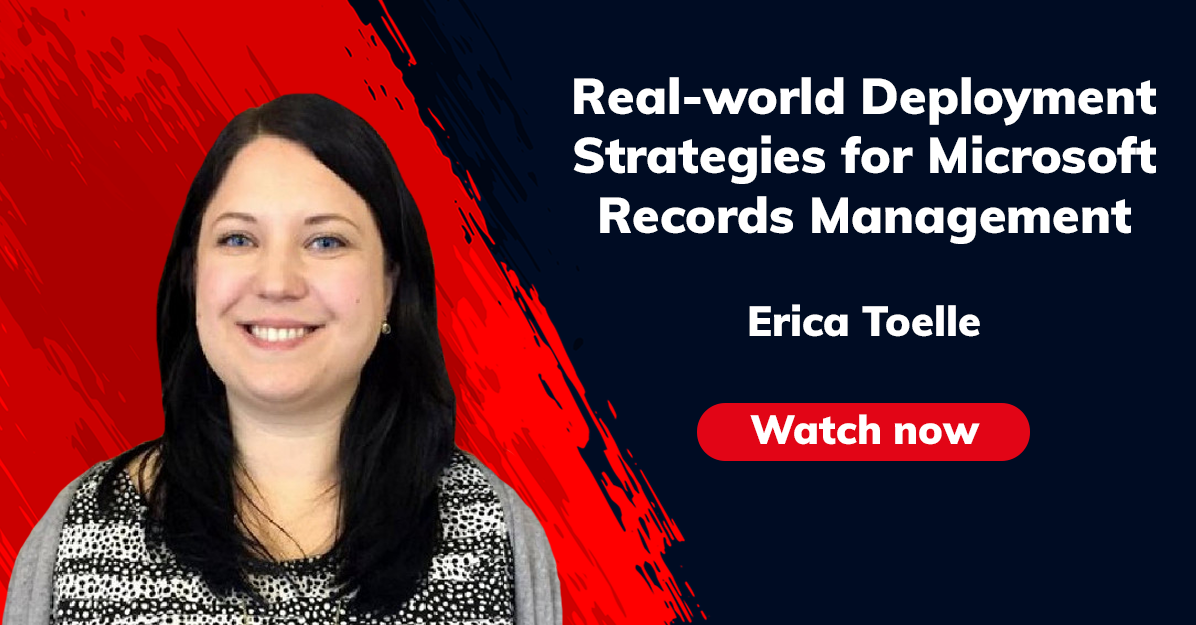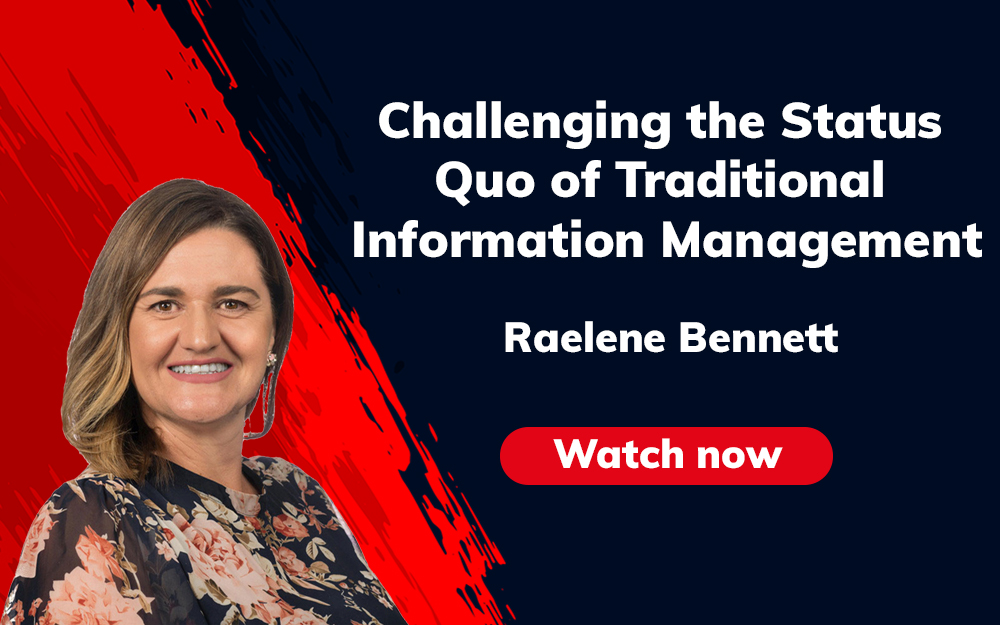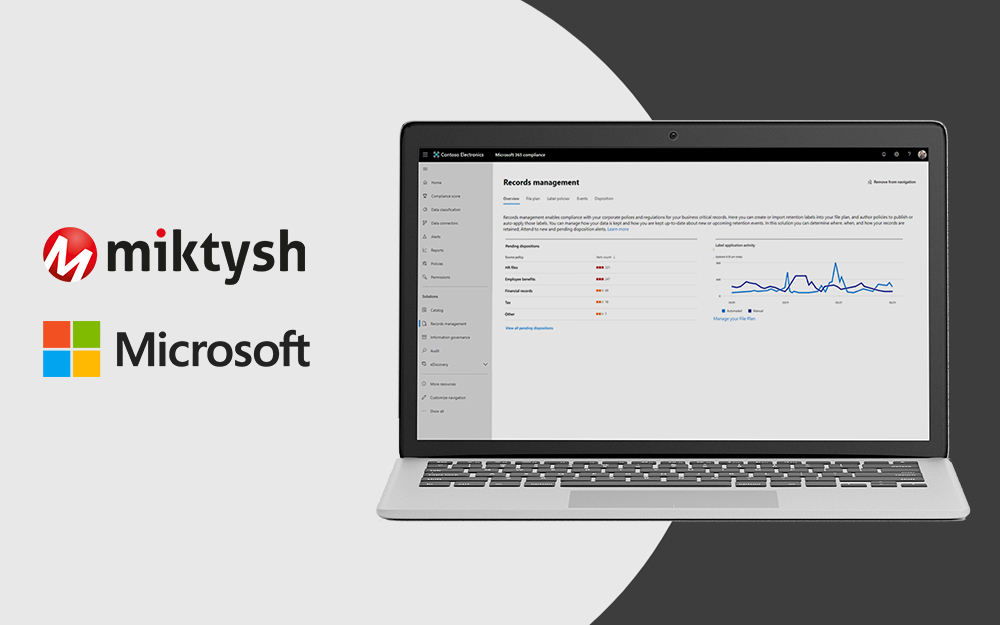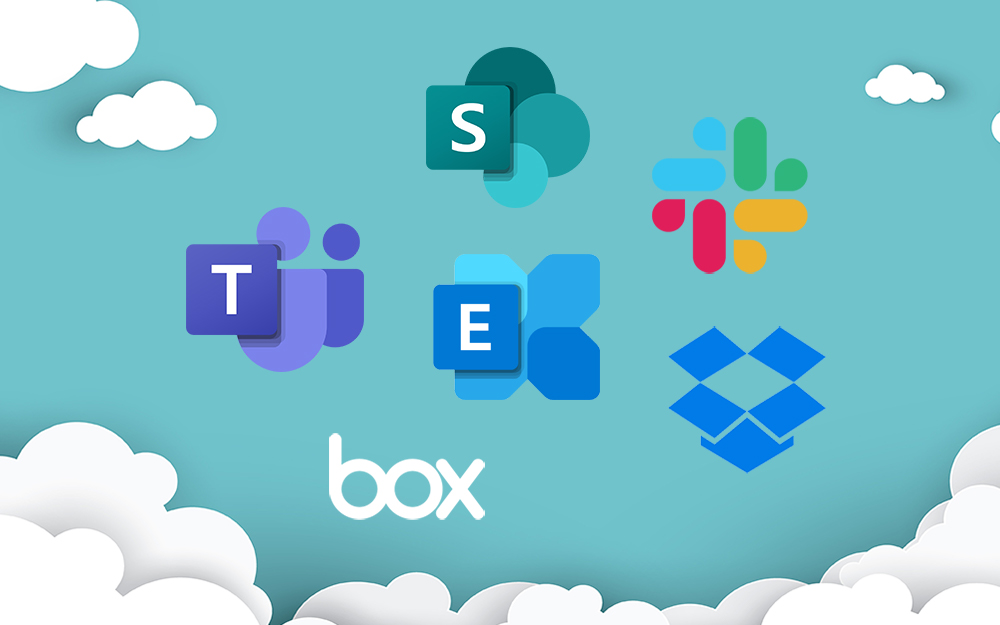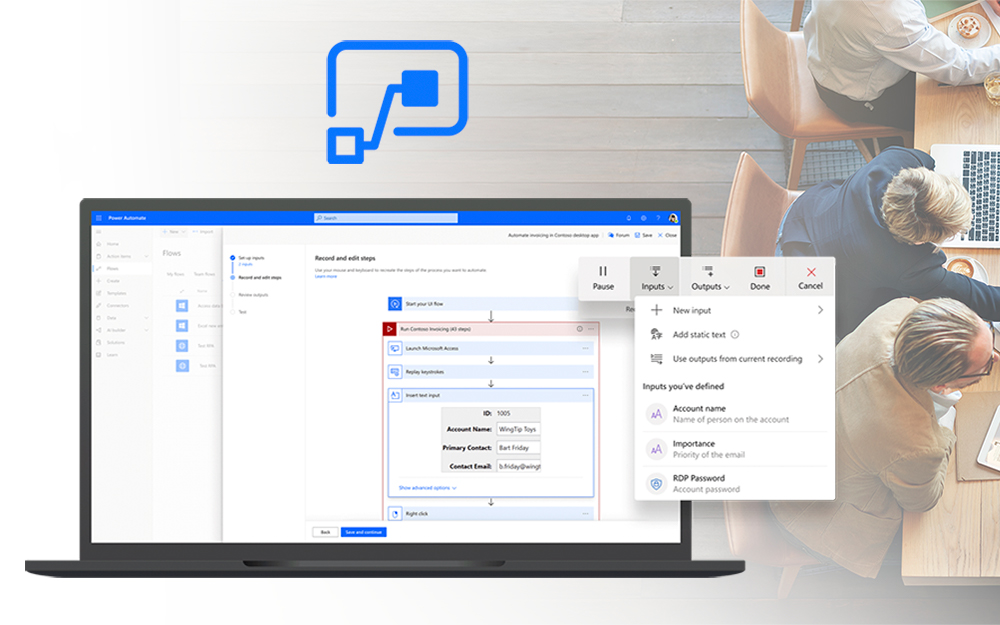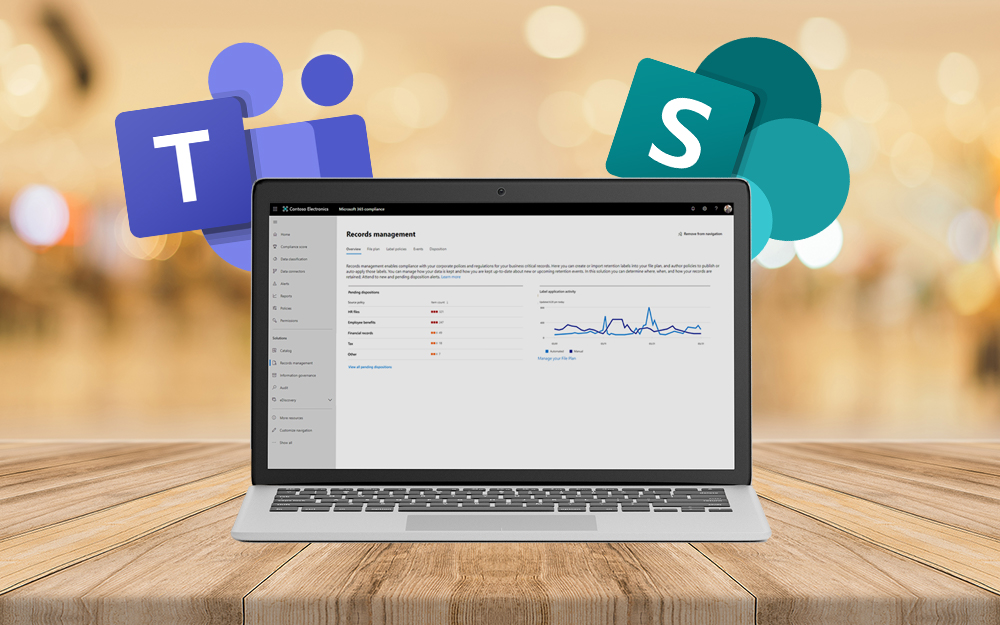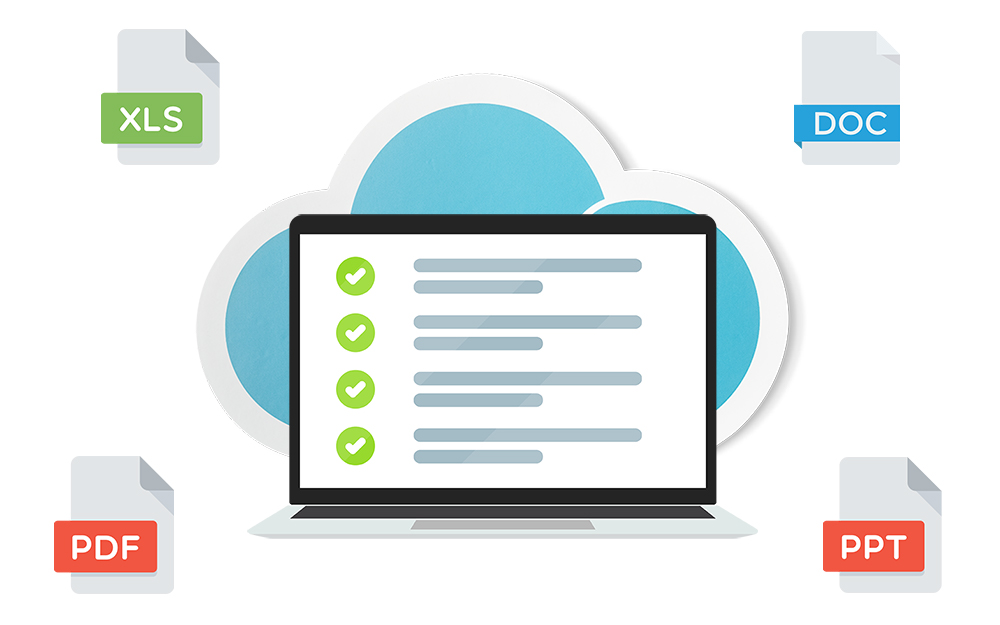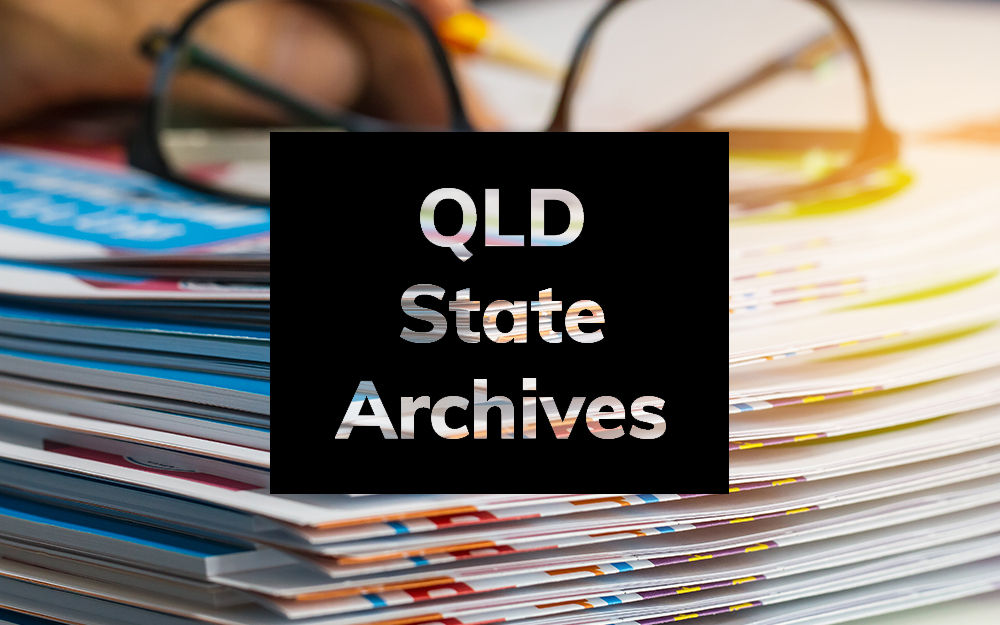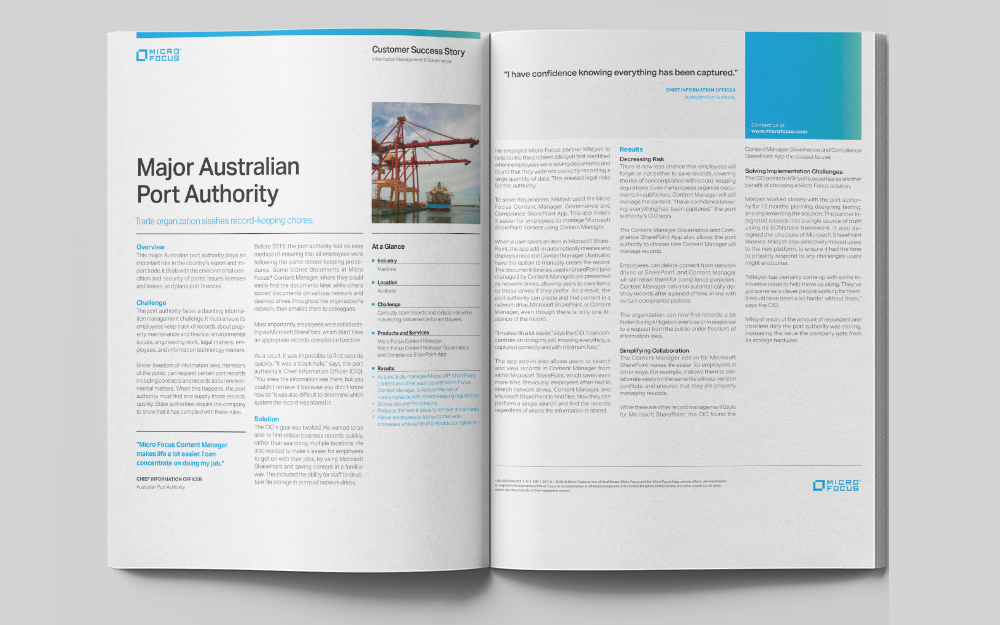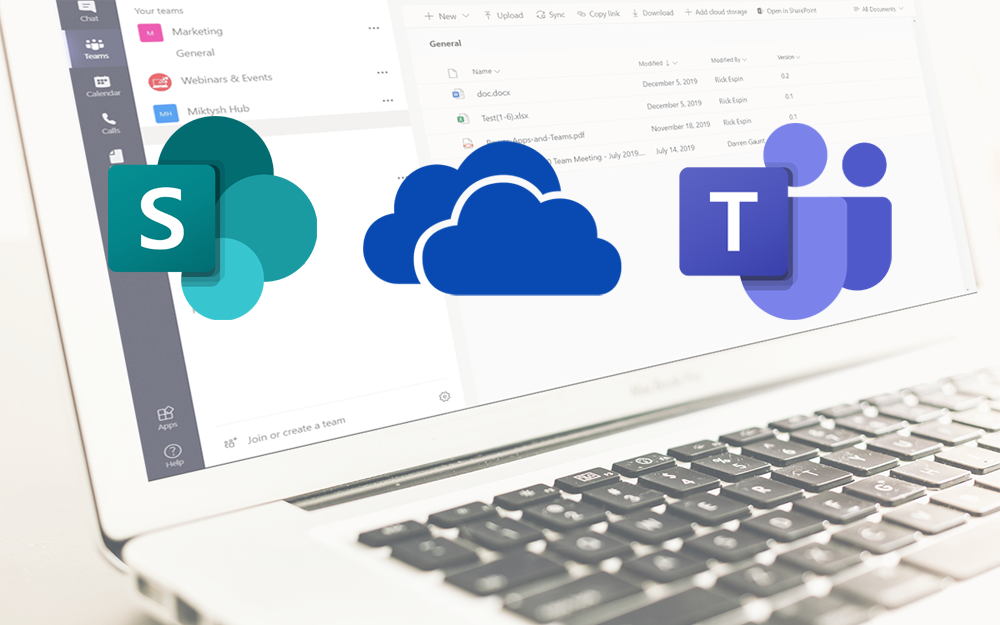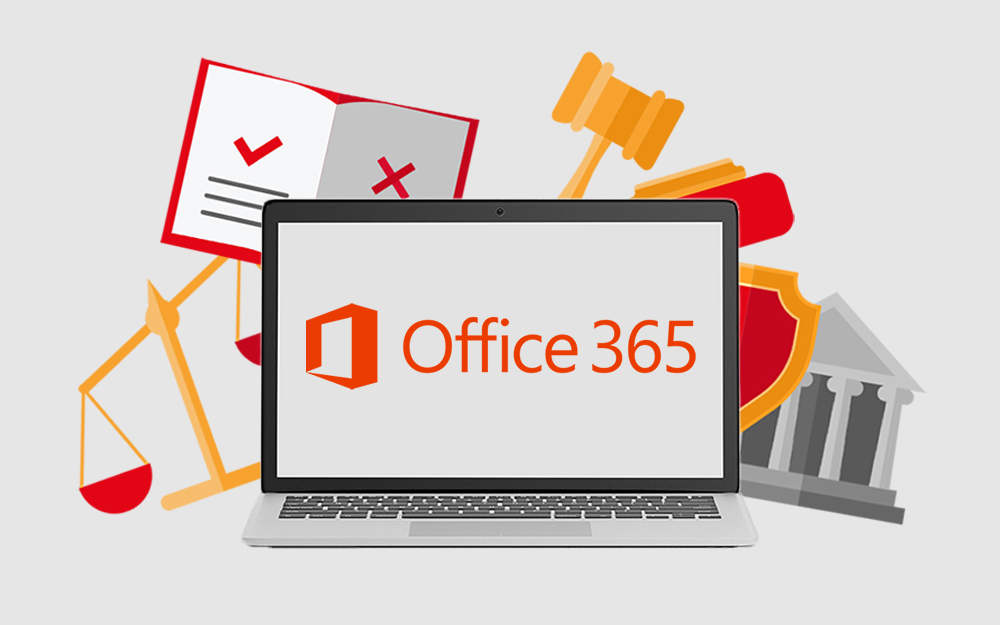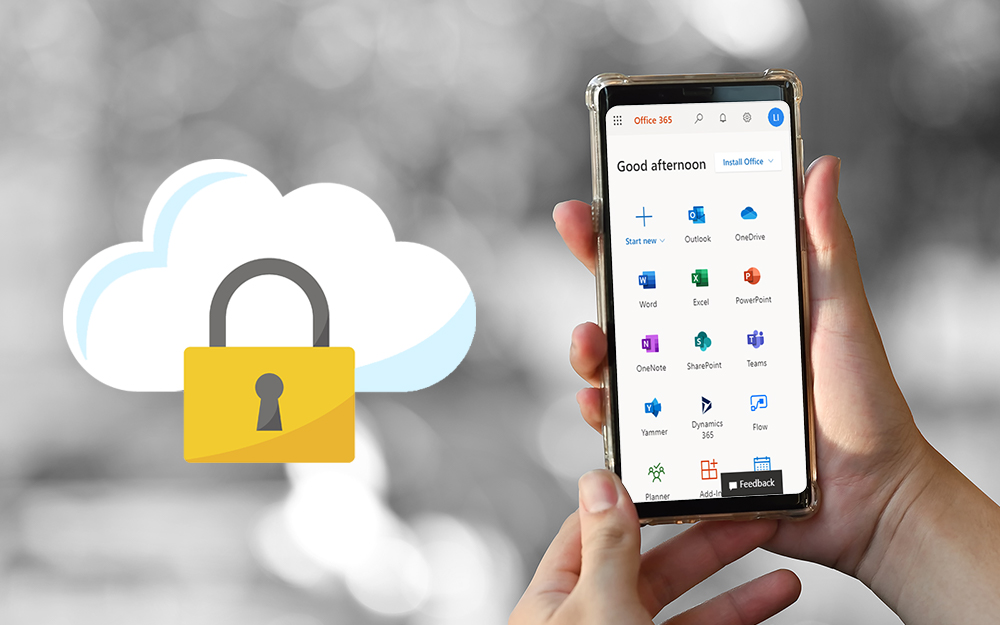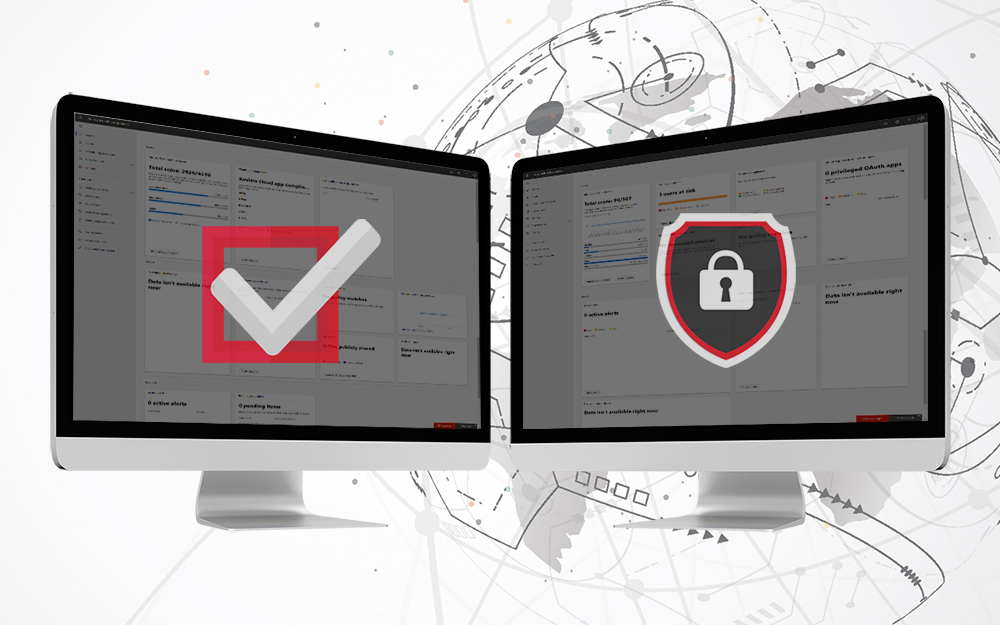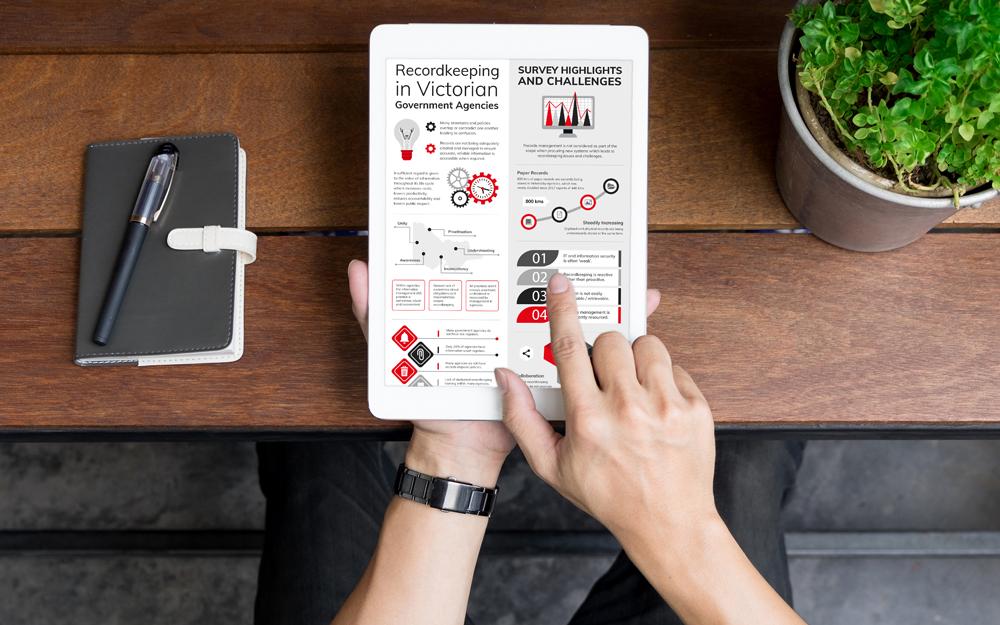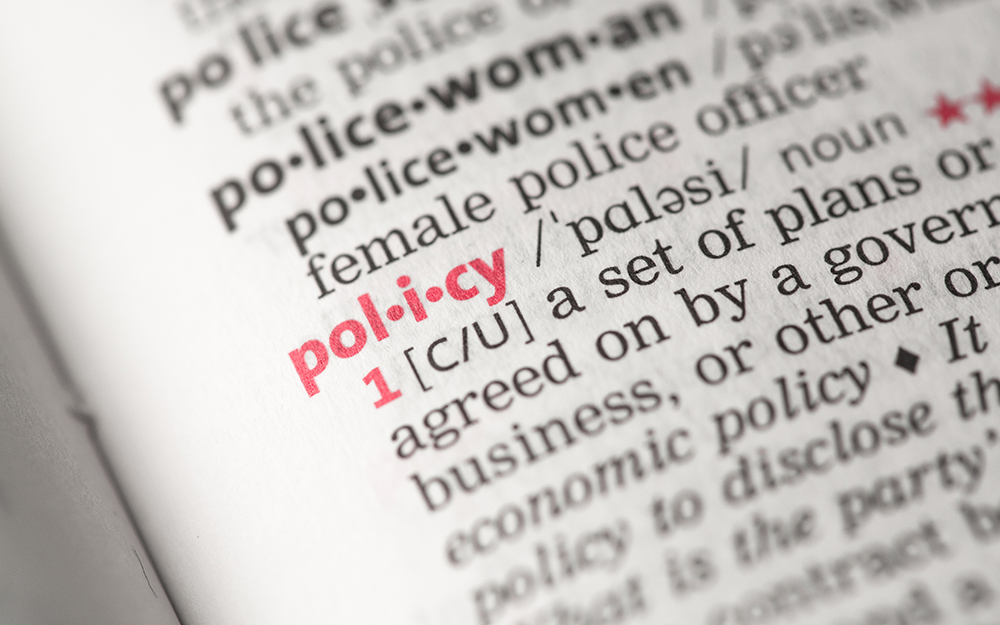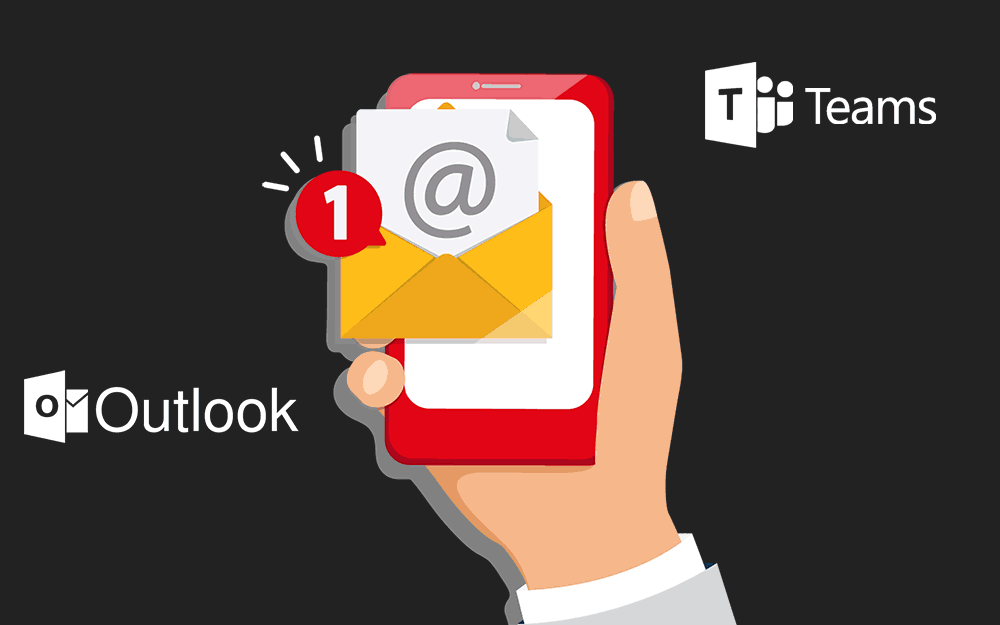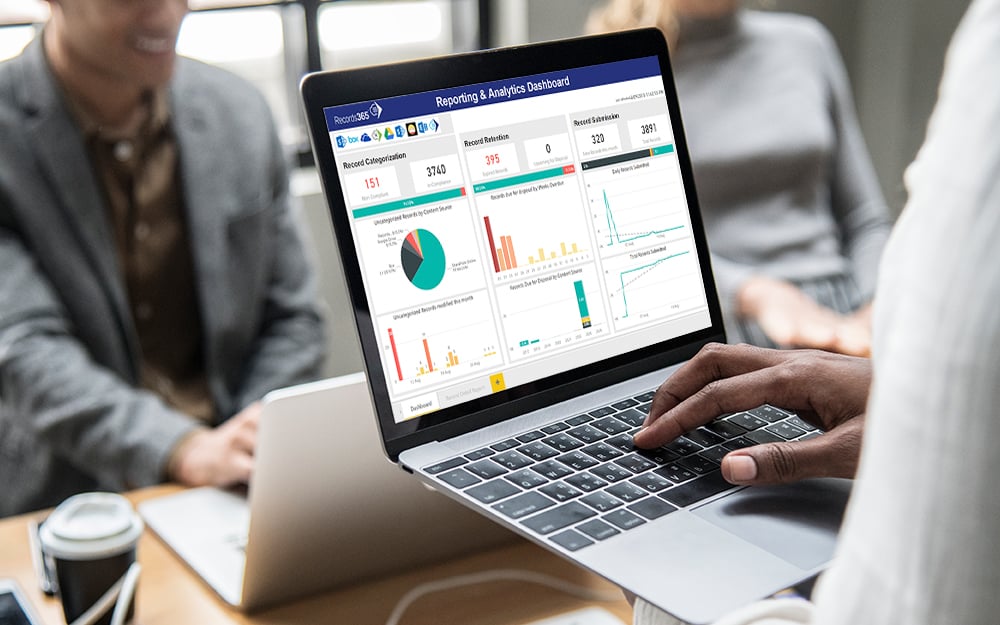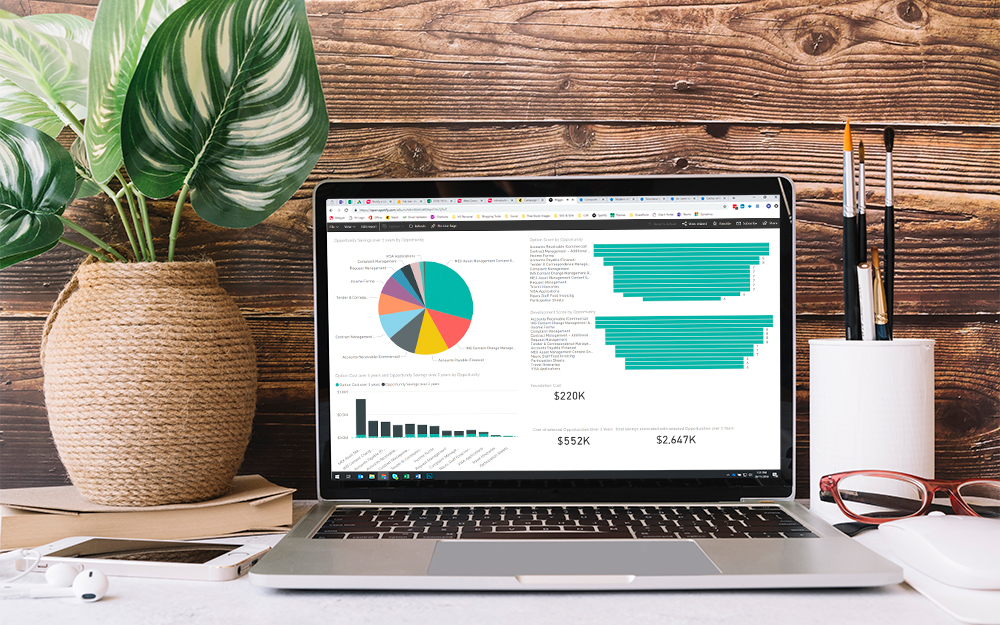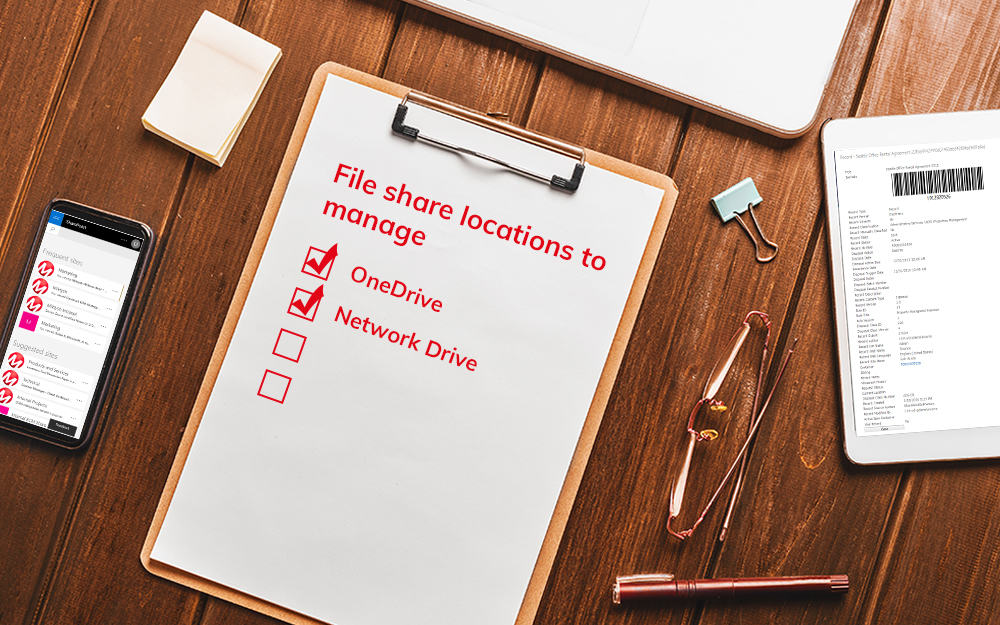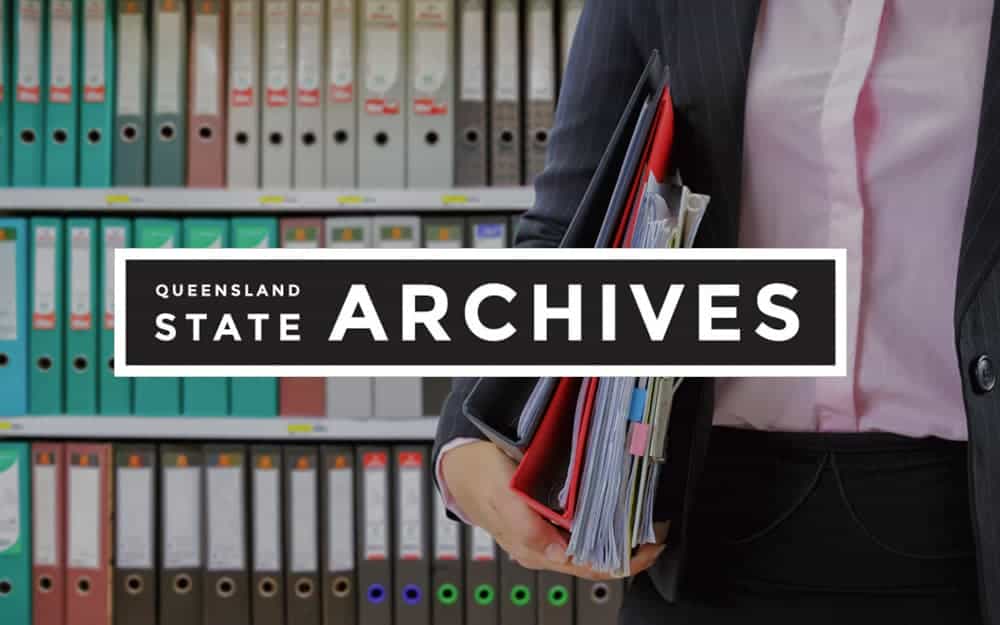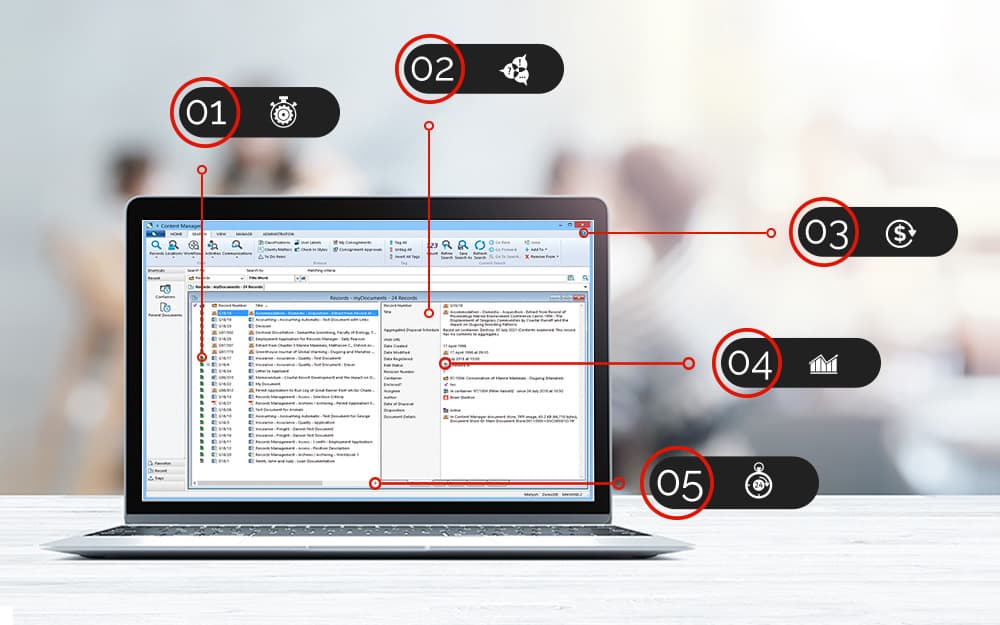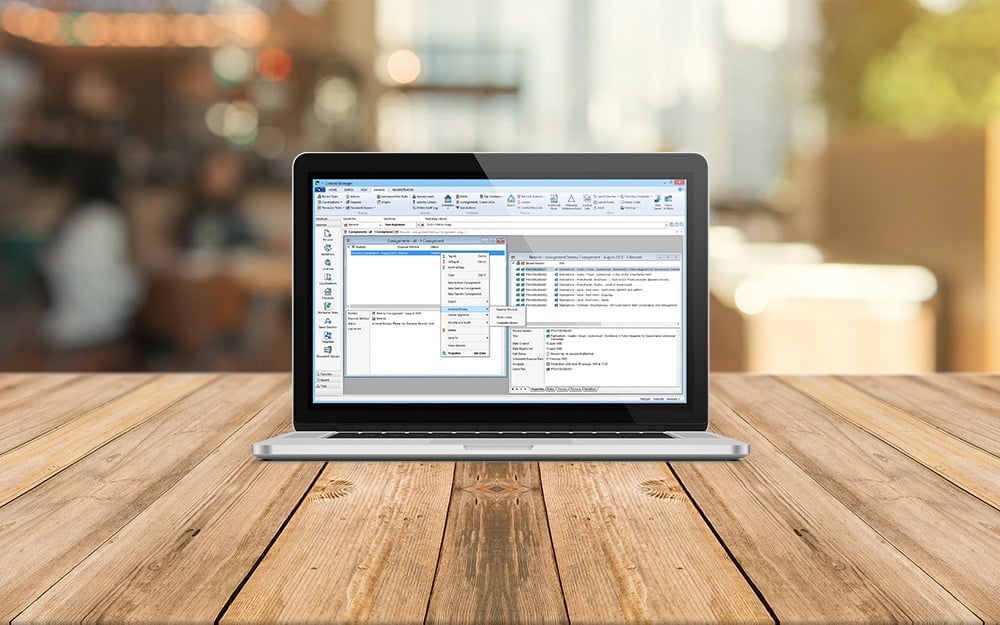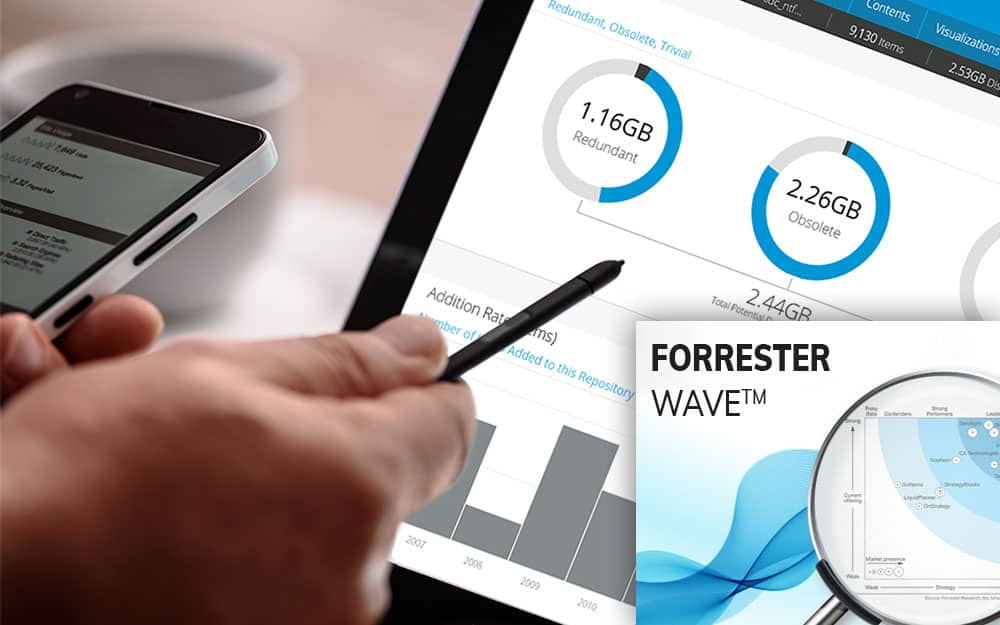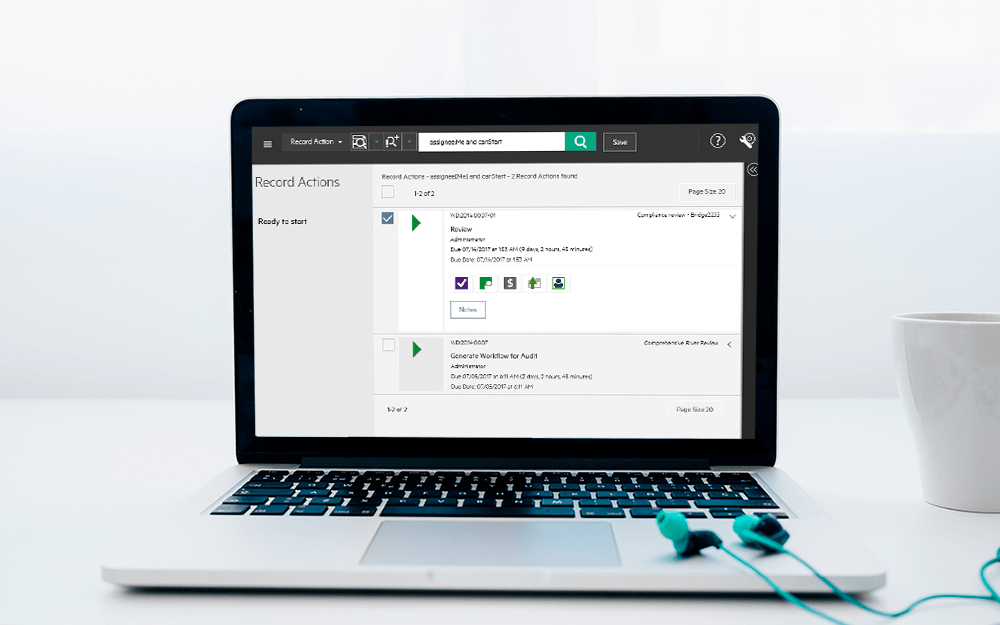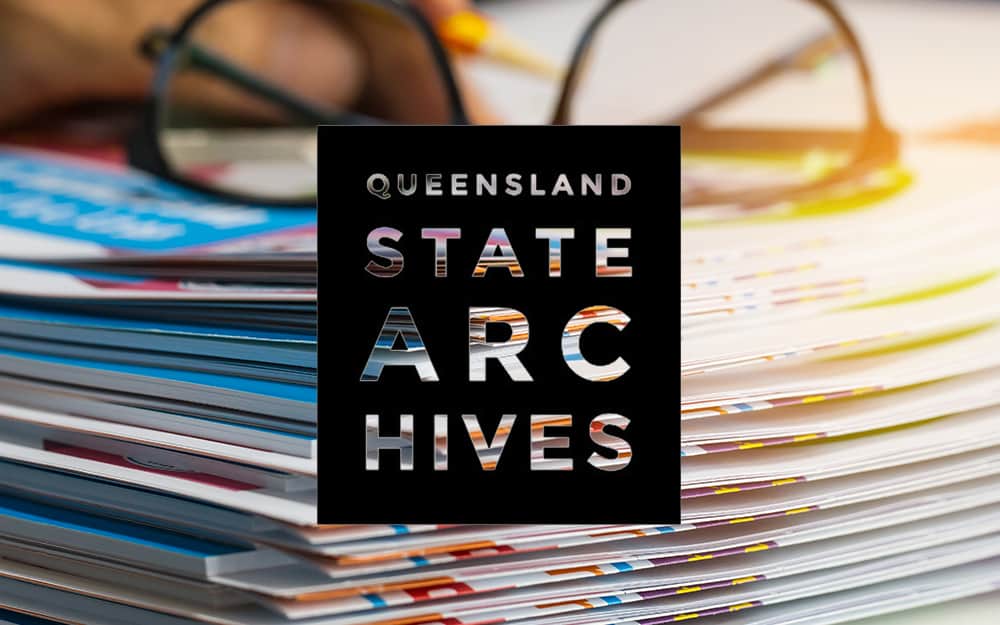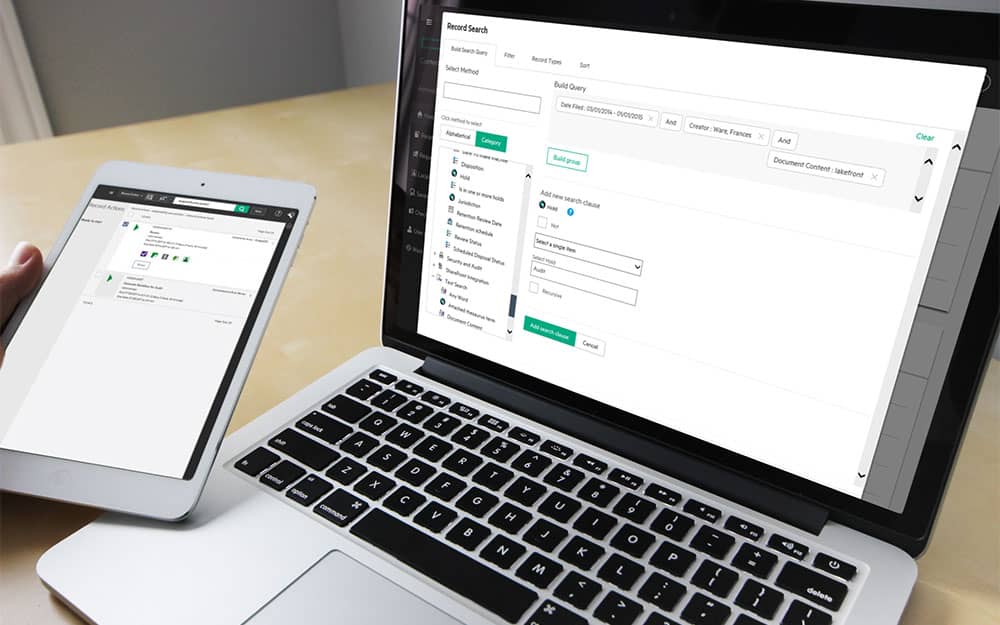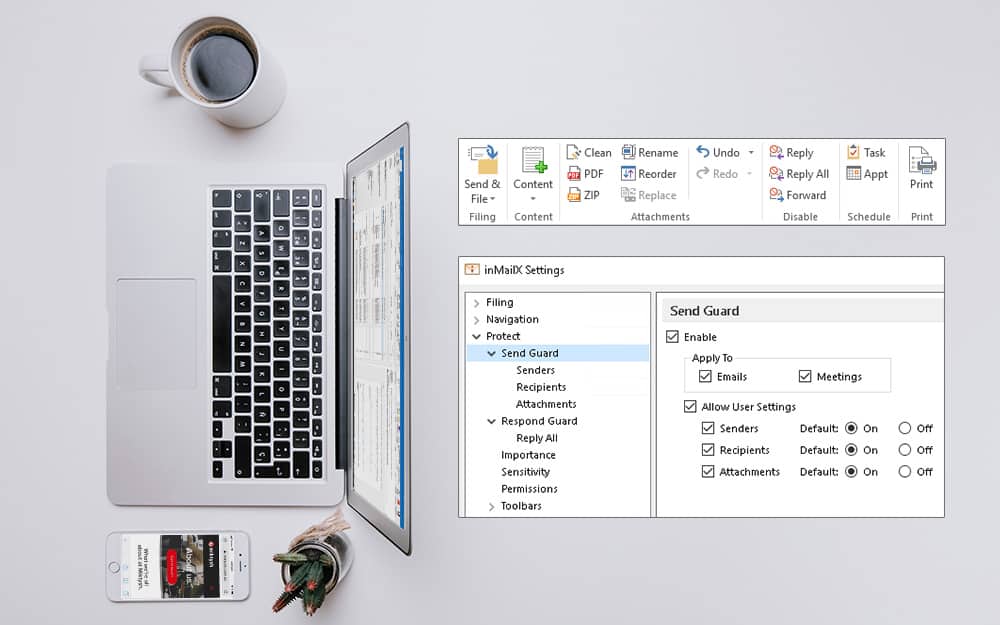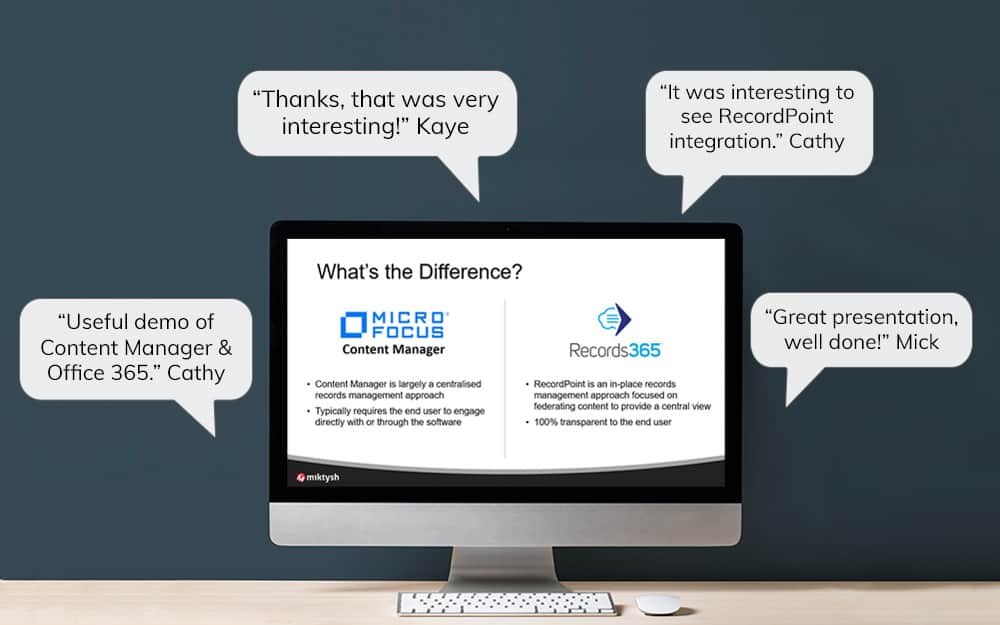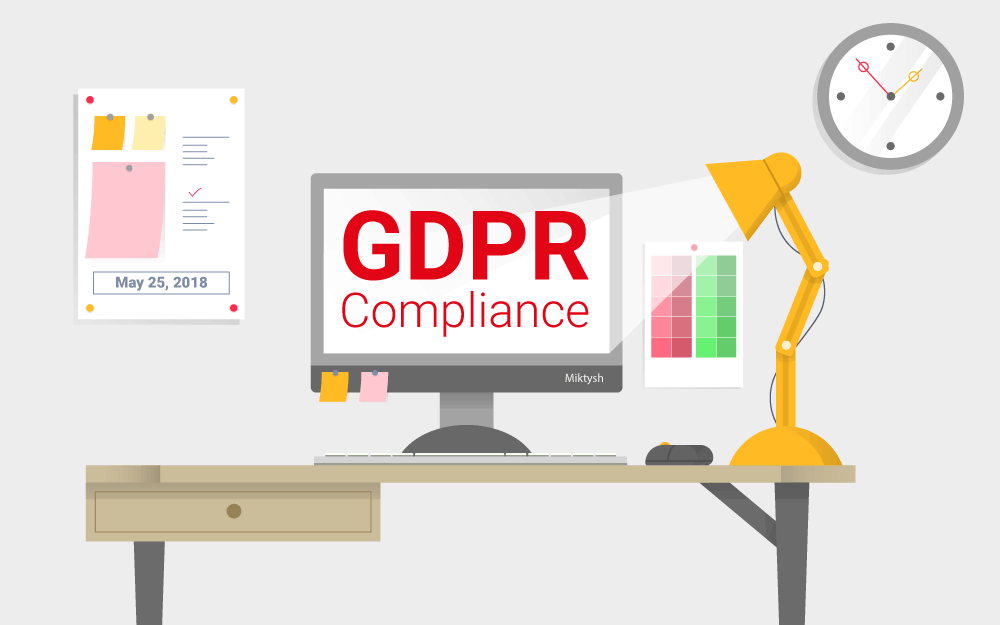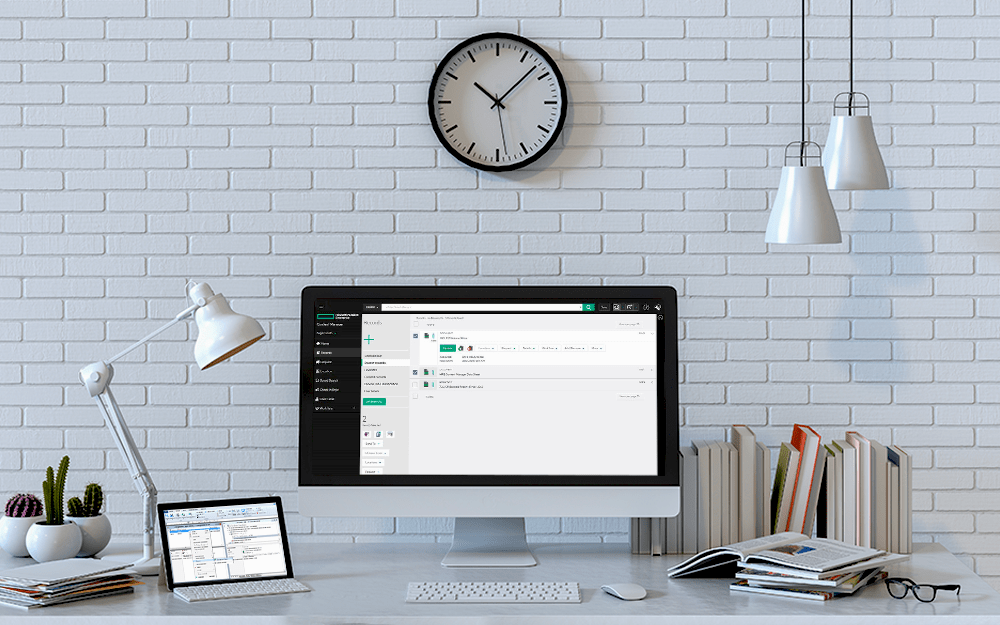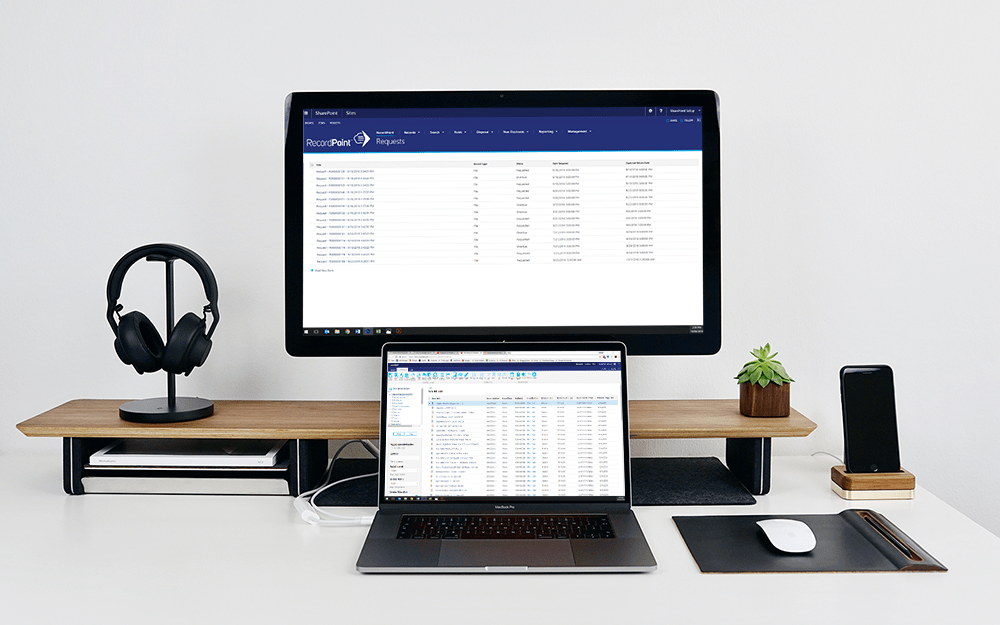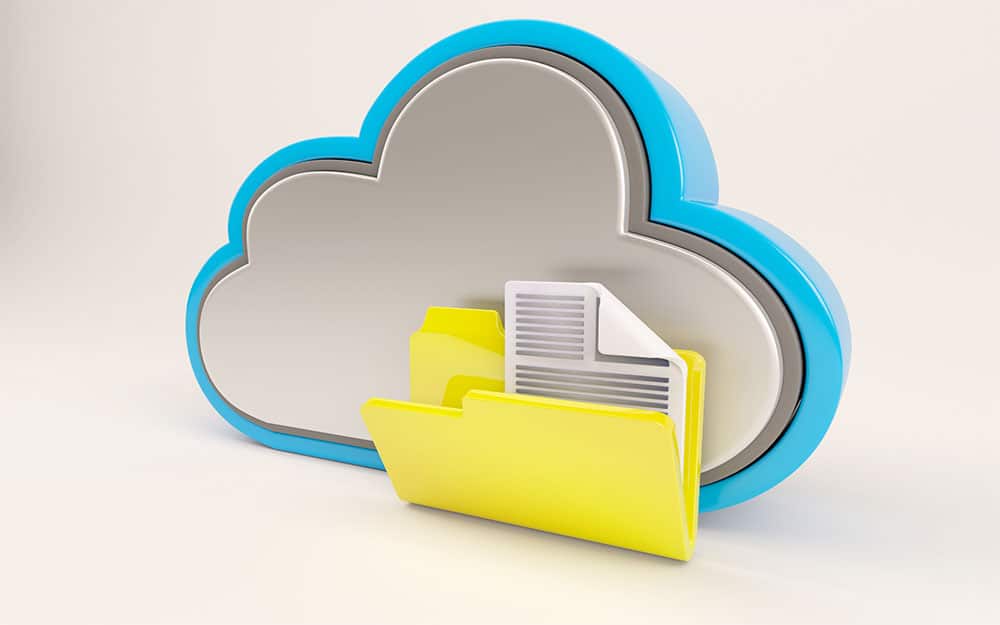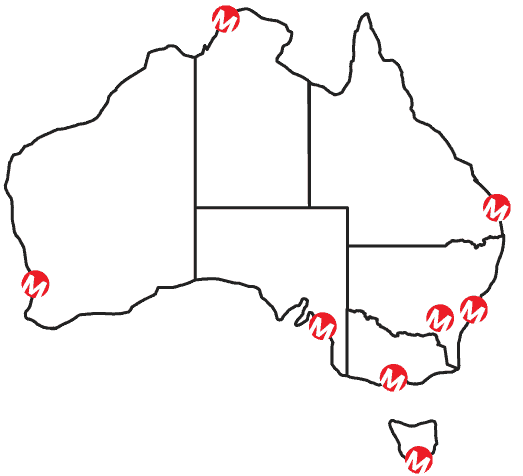Miktysh Blog.
Your go-to source for everything records management, eDRMS, Office 365, TRIM/Content Manager, RecordPoint, AvePoint, and EncompaaS related.
Categories
Topics
The Australian Records Management Standards and Policies You Need to Know
May 9, 2019 | Records Management

With many different acts, policies and regulations governing how records and information is managed in Australia, it can be difficult for organisations as well as records and information management professionals to keep up to date with which Australian records management policies need to be adhered to. To help you navigate through this complexity, we have compiled a list of 10 main Australian records management standards and policies you need to be aware of.
Archives Act 1983
The Archives Act identifies the recordkeeping requirements for Commonwealth records set out and overseen by the National Archives of Australia. The act defines under what circumstances a person can cause the destruction or disposal of a record; the transfer of the custody or ownership of a record; and the damage or alteration of a record. It also defines the circumstances in which a record must be transferred into the care of the National Archives of Australia.
Public Records Acts
Each state and territory have their own version of the Public Records Act, which organisations within these states are required to adhere to. These acts are put in place to help ensure that public records in each state are created and managed in a usable form and that access to records are consistent with the Right to Information Act and the Privacy Act. A full list of each act for each state can be seen below.
- QLD – Public Records Act 2002
- NSW – State Records Act 1998
- VIC – Public Records Act 1973
- WA – State Records Act 2000
- SA – State Records Act 1997
- TAS – Archives Act 1983
- NT – Information Act 2002
- ACT – Territory Records Act 2002
Privacy Act 1988
This act regulates how the personal and confidential information of individuals is handled by agencies. In Schedule 1 of the Act, 13 Australian Privacy Principles are identified. These principles outline how most Australian government agencies handle and manage private information. These principles also apply to private businesses with an annual turnover of more than $3 million as well as private health service providers and some small businesses.
The principles cover important aspects such as the open and transparent management of personal information; the right for individuals to access and correct their personal information; the option for individuals to make transactions anonymously; the quality and security of information and more.
Privacy Regulation 2013
This act details any exceptions to the aforementioned 13 Australian Privacy Principles (APPs) and also provides a list of agencies that are exempt to certain APPs in Schedule 2 of the act. Additionally, it describes the reasonable steps that organisations need to take to destroy or de-identify personal information once it is no longer needed or required to be held.
AS ISO 15489
This sets out the standards and provides guidance for creating policies, procedures, systems and processes that support records management in Australia. The standard is broken down into two parts, the first of which covers the actual standards for records management. This includes discussing characteristics of an effective eDRMS, steps taken in designing and implementing an eDRMS, records management processes and controls, monitoring, auditing and training. The second part is a technical report that provides detailed step-by-step guidance for each of the areas covered in the first section.
General Records Authority
General Record Authorities (GRAs) set out the specific requirements for the disposal and transference of records for common organisational practices. This includes important policies such as the GRA 31 which permits the destruction of physical records after they have been successfully migrated to electronic records management system in order to support the Digital Continuity 2020 policy and the Australian Government Digital Transition Policy. There are 20 GRAs in total which includes public interest disclosure, public or official inquiries, outsourcing arrangements, contract under seal/deeds and more.
AGLS Metadata Standard
The AGLS Metadata Standard and Implementation are designed to assist government agencies in producing web-based descriptions of their information and services based on the standards outlined. The objective of the standard is to provide efficient access to the description of government information, resources, services and agencies across the digital sphere. By government agencies adhering to these standards, a uniform approach to the description of government resources and public sector information can be established helping people easily locate information without needing in-depth knowledge of government structures.
AS/NZS ISO 16175
This Australian records management standard lays out the principles and functional requirements for records in electronic document and records management systems. The standard is broken down into three parts, the first of which illustrates the fundamental principles for managing records electronically. The second part identifies the functional requirements for electronic document and record management systems. Examples of systems which fulfil these requirements include RecordPoint and Content Manager. The last section of the standard outlines the functional requirements for ongoing records and information management in business systems.
Australian Government Recordkeeping Metadata Standard (AGRkMS)
AGRkMS is an Australian records management standard that describes what types of information need to be captured by Government agencies and helps organisations maintain reliable and accessible records in a way that will meet their archival, accountability and business requirements. Specifically, the standard outlines the required metadata elements and sub-elements and is supported by the Minimum Metadata Set.
Minimum Metadata Set
This is a practical application of the AGRkMS that also supports the Digital Continuity 2020 policy. The Minimum Metadata Set identifies nine different metadata properties necessary for effective information management that are to be used when implementing metadata.
If your organisation could use some assistance navigating the various applicable Australian records management standards and policies, our team of knowledgeable consultants are here to assist. Get in touch with us to discuss your requirements.

John Whitehead LLB (Hons)
Senior Business Consultant
John has worked in the Information Management industry at a senior level for over twenty years and brings his wide-ranging technical, commercial and management skills to each project. He is client focussed and has a proven track record of providing Information Management solutions that deliver significant business value to his clients.
Categories
Topics
Follow us on social
Popular content.

Analytics Driven Information Governance
14.07.2021

The New Normal Requires Zero Trust
27.06.2021
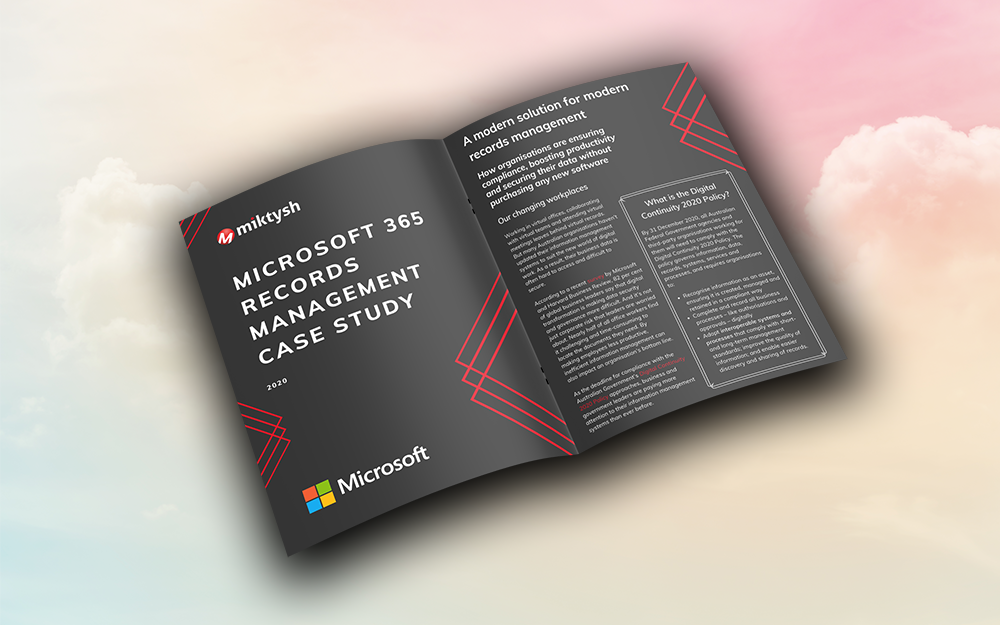
Microsoft 365 Records Management Whitepaper
06.11.2020

Micro Focus Launches Content Manager Select
28.05.2020
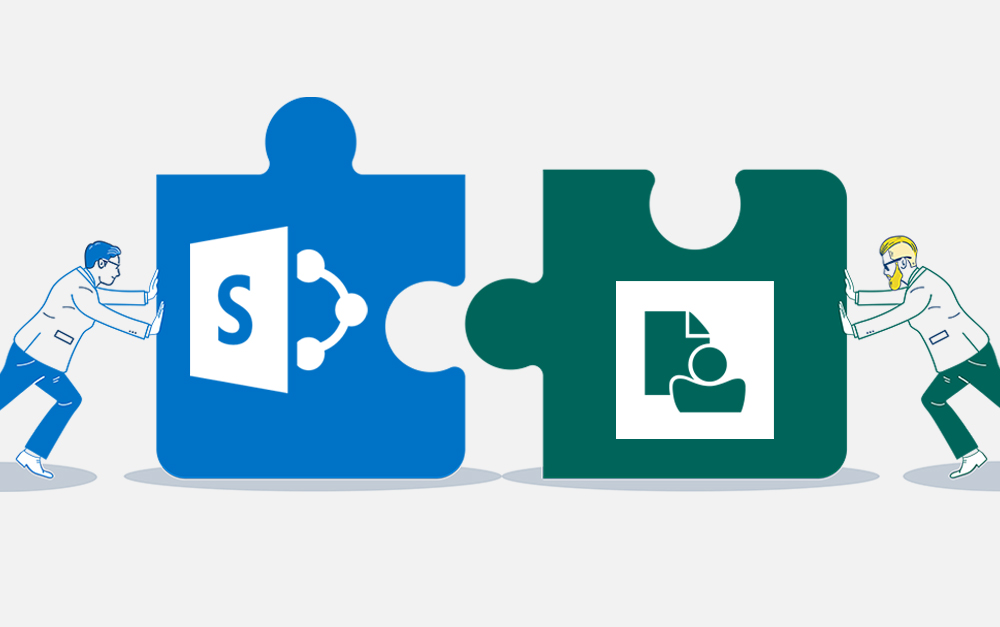
Content Manager SharePoint Integration Demo
20.05.2020

Top 7 Hidden Features in Microsoft Teams
11.02.2020
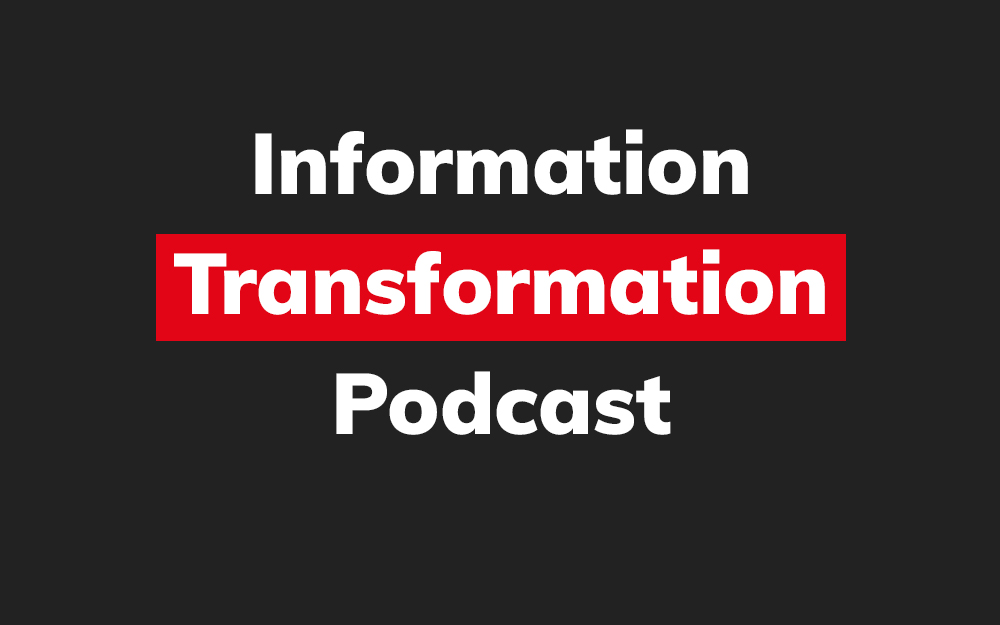
Integrate Content Manager with SharePoint
15.01.2020

Information Management Strategy Example
06.12.2019

How to Approach a Digital Transformation
13.11.2019
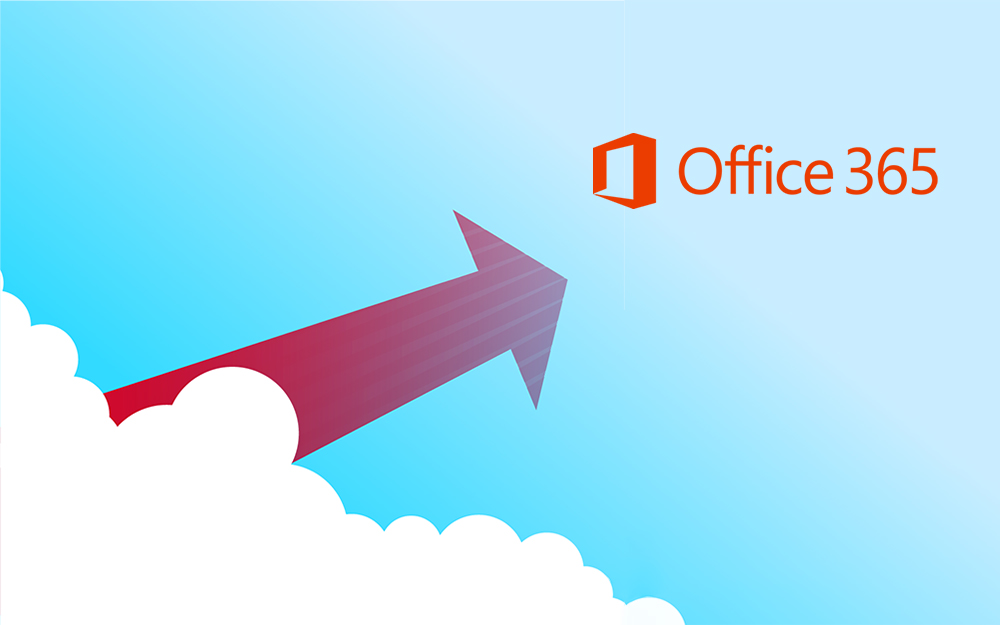
Top 5 Benefits of Migrating to Office 365
10.10.2019
Content Manager 9.4 Web Client
19.09.2019

Content Manager 9.4 Sneak Peek – Video Demo
02.09.2019

What Version of SharePoint is on Office 365?
27.06.2019
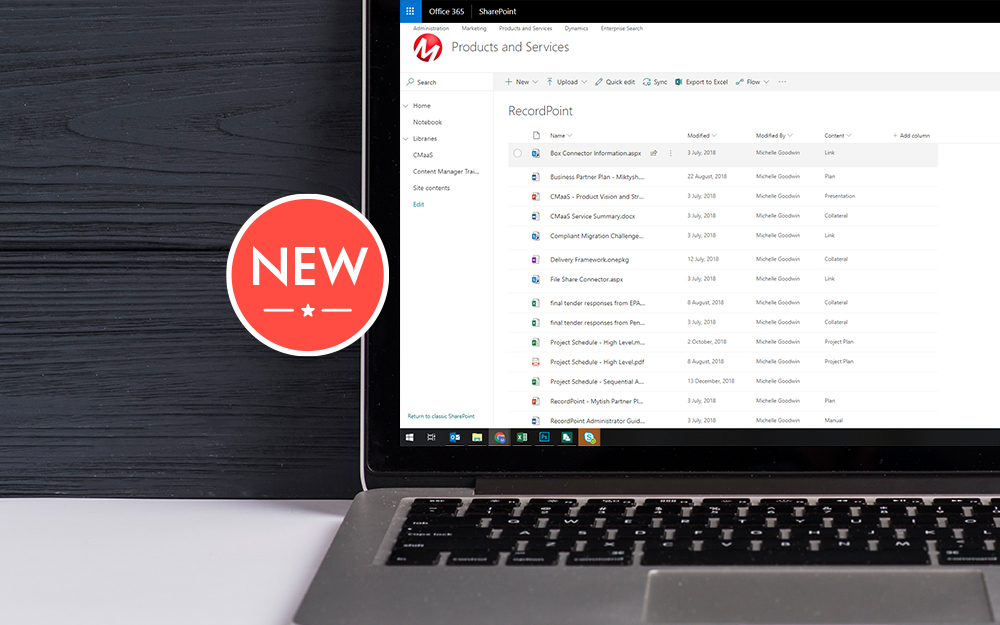
New SharePoint 2019 Features
08.03.2019

Data Migration Validation Best Practices
08.02.2019

Cloud Governance – RIMPA Queensland Event
27.09.2018

RecordPoint Records365 Demo
09.05.2018

How RecordPoint Enhances Office 365
09.05.2018

6 GDPR Tools to Assist with GDPR Compliance
17.04.2018

Analytics Driven Information Governance
14.07.2021

The New Normal Requires Zero Trust
27.06.2021

Microsoft 365 Records Management Whitepaper
06.11.2020

Micro Focus Launches Content Manager Select
28.05.2020

Content Manager SharePoint Integration Demo
20.05.2020

Top 7 Hidden Features in Microsoft Teams
11.02.2020

Integrate Content Manager with SharePoint
15.01.2020

Information Management Strategy Example
06.12.2019

How to Approach a Digital Transformation
13.11.2019

Top 5 Benefits of Migrating to Office 365
10.10.2019
Content Manager 9.4 Web Client
19.09.2019

Content Manager 9.4 Sneak Peek – Video Demo
02.09.2019

What Version of SharePoint is on Office 365?
27.06.2019

New SharePoint 2019 Features
08.03.2019

Data Migration Validation Best Practices
08.02.2019

Cloud Governance – RIMPA Queensland Event
27.09.2018

RecordPoint Records365 Demo
09.05.2018

How RecordPoint Enhances Office 365
09.05.2018

6 GDPR Tools to Assist with GDPR Compliance
17.04.2018
